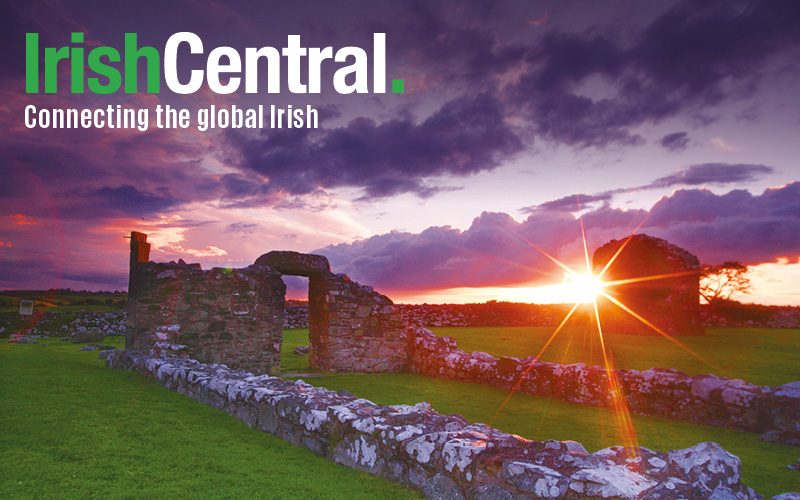In a time long forgotten, six Irish families came to the foothills of North Carolina. The men were miners and they came to work the gold mines on the banks of the Catawba River near what is now the town of Mt. Holly in Gaston County.
The families, four headed by the Lonergan brothers, the other two being the Cahills and the Duffeys, came from Cork, Dublin and Tipperary in 1831 to work for Chevalier Riva de Finila, who owned one of the more successful mining excavations.
On Sundays, de Finila, a devout Catholic of French and Italian ancestry, invited the families into his home to worship in his specially built chapel. But in 1832, when a court-ordered injunction closed de Finila’s operation, possibly due to the use of mercury in the processing which polluted the river, he left the area and the Irish were without a place of worship.
In 1838, Father Timothy J. Cronin, a Cork man, was ordained in Charleston, South Carolina. He was a circuit priest, traveling on horseback to serve the Catholics of North and South Carolina. With the aid of this good priest, money was raised throughout North and South Carolina and Georgia to build a church for the Catawba River community. One of the largest donations came from William Gaston, a judge on the North Carolina Supreme Court for whom Gaston County is named.
In 1841, enough money had been raised and work began on the structure. William Lonergan had purchased land from de Finola before he left, and using lumber that they cut and milled themselves, the church soon started to take shape. The building was finished in 1843, only the second Catholic church built in North Carolina. (St. Patrick’s Catholic church in Fayetteville, built in 1824, was the first.)
The Irish families were so thrilled with the new worship center that they engraved the words “Habemus Altare” (we have an altar) above the altar. The parish that had started with six families now included the Phelan, Coxe, Miller, Mulligan, Meyers, Rafter, Ryan, Kerns and Hawkins families.
Sadly, the four Lonergan brothers sailed home toward Ireland and were lost at sea, and Father Cronin died of yellow fever before the church was finished. He was laid to rest in the cemetery.
Father Jeremiah P. O’Connell was the last pastor of St Joseph’s. He served during the War for States’ Rights, known to our Northern family as the Civil War. The war took its toll on the small parish. Only one of the founding members of the church, Pierce Cahill, survived the war. In 1876, Father O’Connell bought the Caldwell Plantation and sold it to the Benedictine monks to found a monastery in Belmont, North Carolina. Following the war, “Mary” was dropped, and the church was referred to as just St. Joseph’s. As the years passed, the area Catholics began to attend Mass at Belmont Abbey and St. Joseph’s fell into disrepair. Although the church was not used for close to a century, it was not torn down and in 1970, Bishop Michael Begley of the Charlotte diocese had the exterior, altar and pews restored to their former “simple” grandeur. St. Joseph’s has been designated a National Historical Site by the U.S. Department of Interior and by the State of North Carolina. Today, Mass is celebrated just three times a year in the church, once by a diocesan priest on the date of his ordination into the priesthood, once on March 19, the feast of St. Joseph, and on St. Patrick’s Day, the two divisions of the Ancient Order of Hibernians in the Charlotte area not only have a Mass celebrated, but they also have a ceremony at the grave of Father Cronin in his honor and to honor the Irish immigrants that are buried in the cemetery.
About the author: Joe Dougherty, a retired transportation manager, was born in South Philadelphia in 1944. He and his wife Nancy have been married for 41 years and now live in the Charlotte, NC area to be closer to their two daughters and five grandchildren. Joe’s great-grandparents came to the Philadelphia area from Donegal around 1874.
Write us: Is there a corner of Ireland in your neighborhood? Please send a brief description and photographs along with your name, address and phone number to Kara Rota at Irish America, 875 Sixth Avenue, Suite 2100, New York, NY 10001. You may also email same to [email protected].




Comments